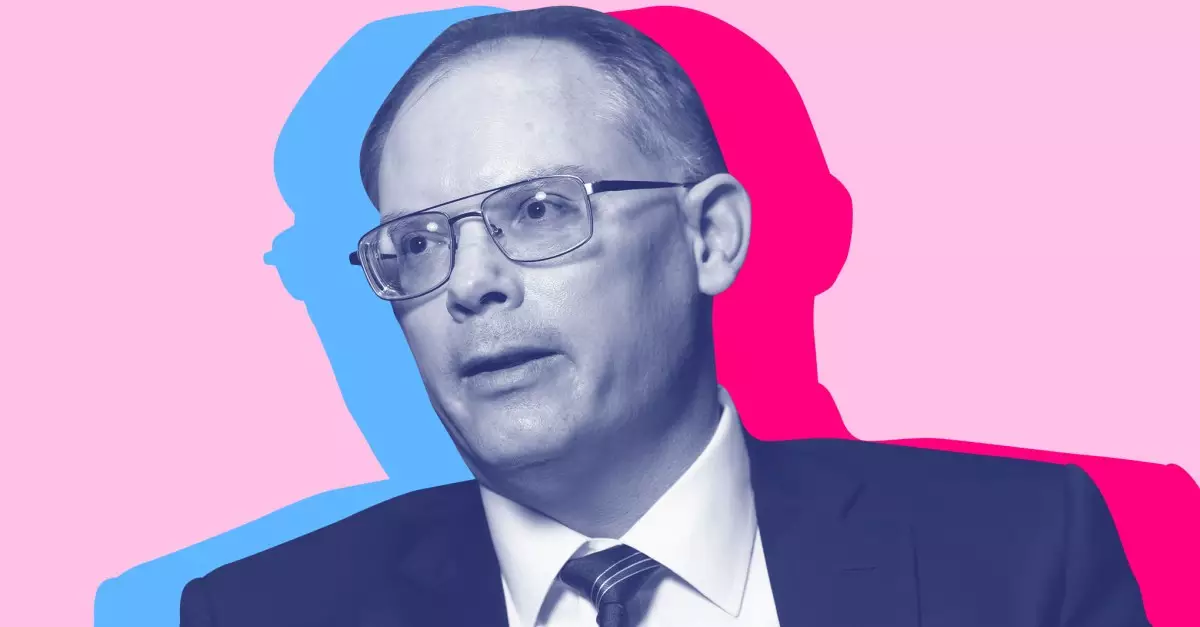Epic Games finds itself entangled in a high-stakes power struggle with Apple that has left the gaming community on edge. After nearly a week without approval for Fortnite’s return to the iOS App Store, the conflict has escalated to a point where Epic’s CEO, Tim Sweeney, is actively rallying for attention and support. The implications of this standoff extend beyond just the availability of a popular game; they touch upon the broader themes of corporate control and gamer rights. The idea that an app can be sidelined in favor of lesser-quality clones raises critical questions about the monopolistic tendencies of digital marketplaces.
Tim Sweeney’s Call to Action
In an audacious move, Sweeney took to X (formerly Twitter) to appeal directly to Apple’s top brass. By highlighting the presence of fraudulent lookalikes of Fortnite, he urges the App Store to act with clarity and fairness. His direct appeal to Apple CEO Tim Cook is not just a static request; it reflects a desperate but strategic maneuver to mobilize public sentiment against what many consider unfair business practices. The irony of cloned games like “Fort Battle Royale Epic Shoot,” which attempt to capitalize on Fortnite’s massive success, emphasizes the gap in Apple’s oversight. While Sweeney’s frustration is palpable, it is rooted in a desire for equitable treatment in a system where the lines of competition are increasingly blurred.
The Complex Dynamics of Approval
As Epic submitted a new version of Fortnite on May 9th, the timeline for review becomes a pivotal element in this saga. Apple claims an impressive average review time of less than 24 hours for app submissions, contrasting sharply with the lengthy wait that Epic is enduring. The situation raises eyebrows regarding Apple’s commitment to a fair process, especially given two key points of contention: the existence of clones on the App Store and the necessity for simultaneous updates across platforms. It’s an unwritten rule in the gaming world that fans expect thorough and timely updates, and the lack of coordination from Apple could hinder player experience significantly.
The Impending Fortnite Update
The crux of the matter is not merely about one game getting approved; it’s about scheduling and synchronization. Epic’s weekly updates are crucial for maintaining player engagement and avoiding disruption across platforms. Without Apple’s green light, there is a tangible risk that the upcoming content drop could be delayed, disappointing millions of players. Sweeney’s comments reveal not just the corporate frustrations but a genuine concern for gamers who eagerly anticipate new features and experiences within the game. The stakes here are not just numbers; they are about maintaining a connection with a passionate user base that has invested time and money into the Fortnite ecosystem.
Corporate Monopoly vs. Gamer Community
As this drama unfolds, it starkly illustrates the ongoing battle between corporate monopolies and the communities they serve. The delay of Fortnite’s approval is emblematic of larger issues that plague App Store relationships: the control Apple has over its ecosystem. Is it fair that Apple can impact the release of a game that has millions of active users worldwide? This situation not only showcases the tensions between two tech giants but also highlights the need for reform in how digital marketplaces operate. Gamers deserve transparency and fairness, while developers like Epic seek not only to survive but to thrive in an environment that often feels restrictive.
The Broader Implications
All eyes are on this standoff, as it might set a precedent for future interactions between app developers and platform holders. The broader implications of this clash extend into regulatory territories, with scrutiny of Apple’s monopoly positioning intensifying. Gamers, developers, and advocates for digital rights are watching closely, and it remains to be seen whether Epic’s gambit will lead to a meaningful dialogue that shifts the paradigm in favor of fair treatment. Epic Games has positioned itself not just as a game developer, but as a challenger to an entrenched status quo that has historically favored corporate entities over the rights of individual consumers and developers. The outcome may redefine the app landscape as we know it.

